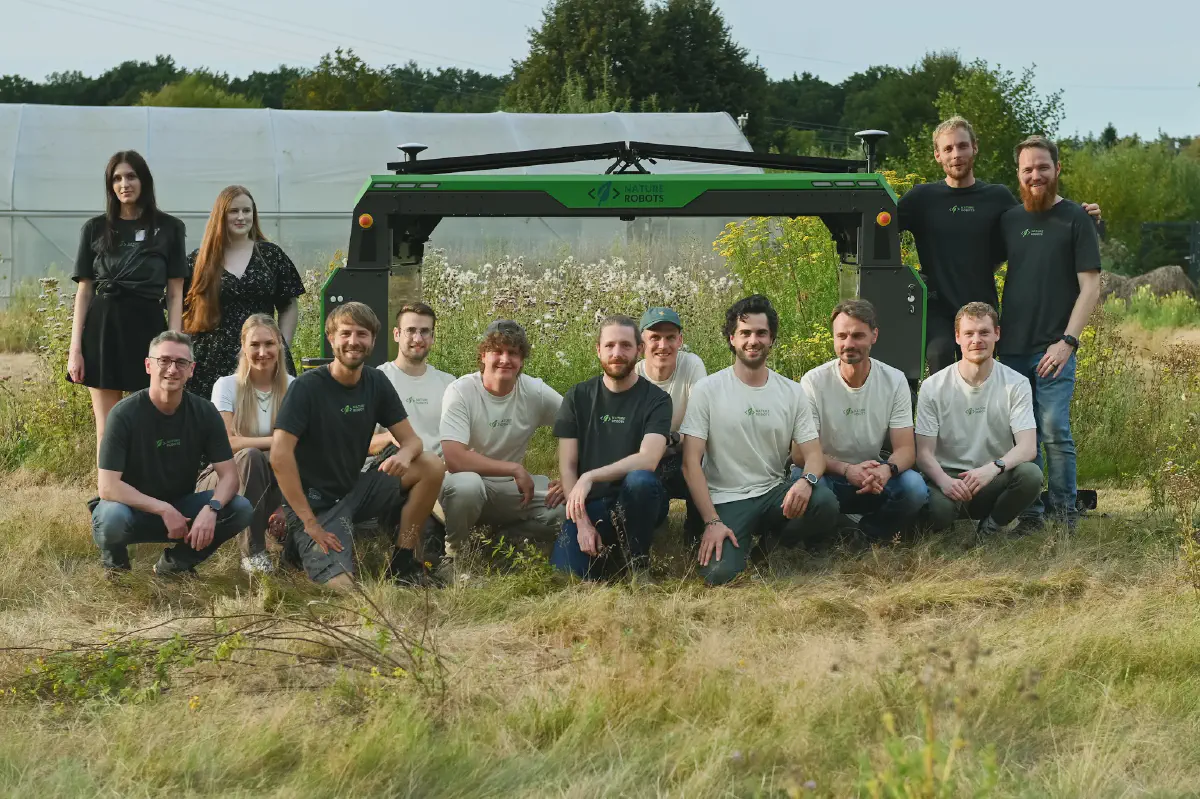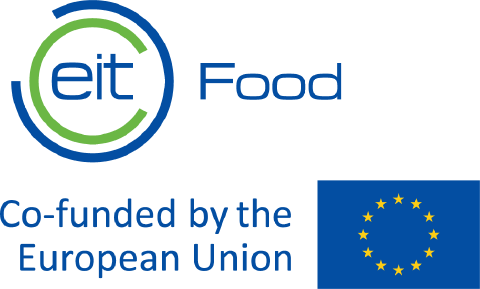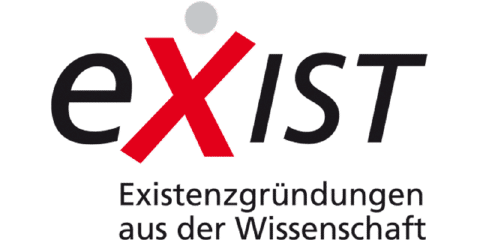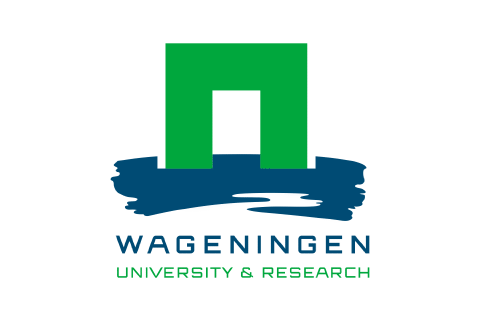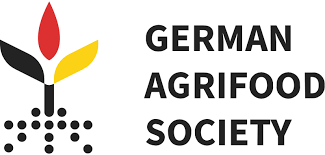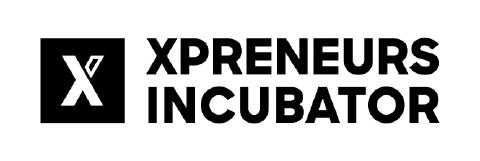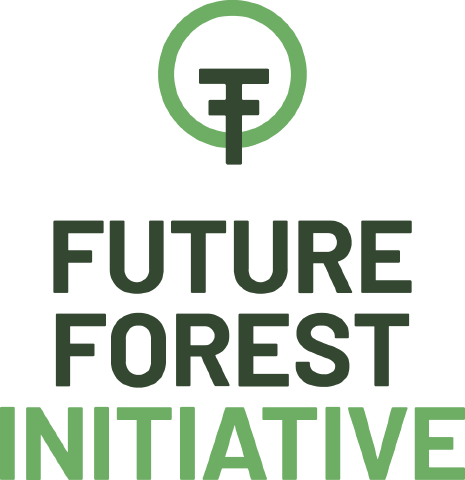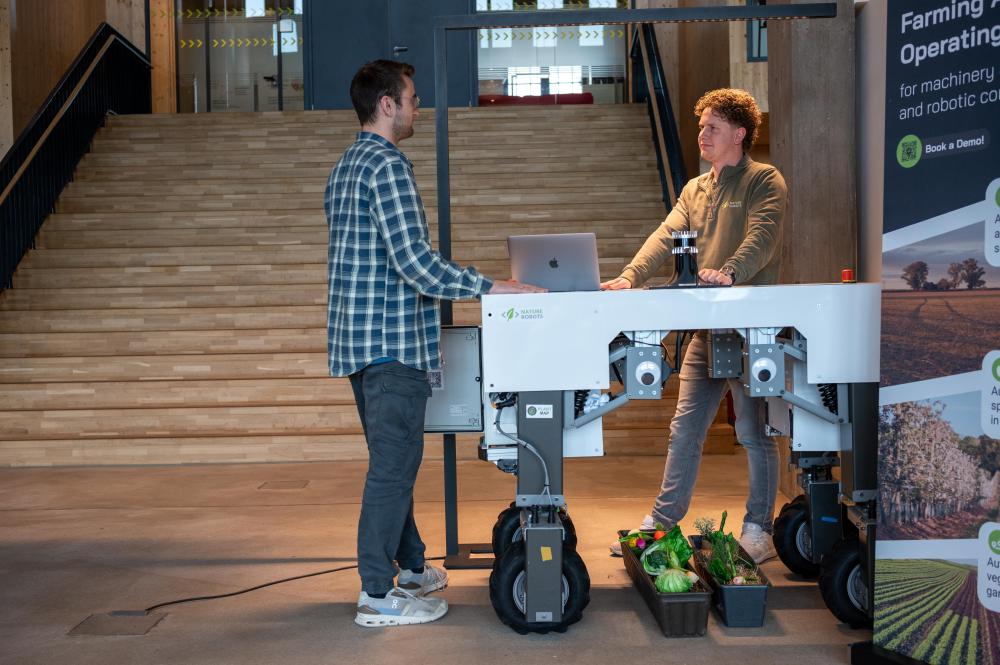
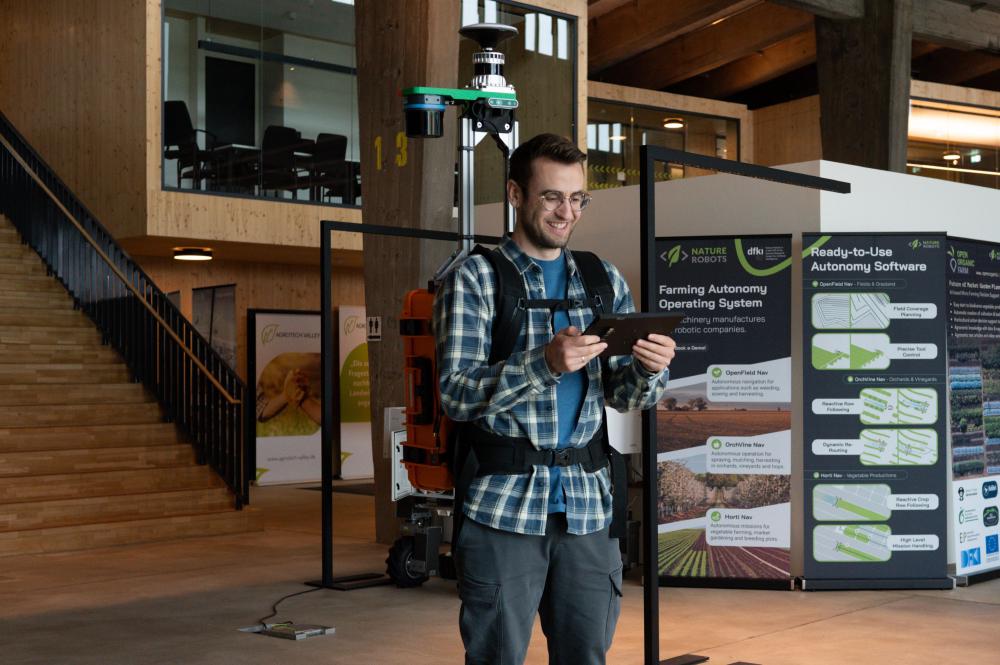
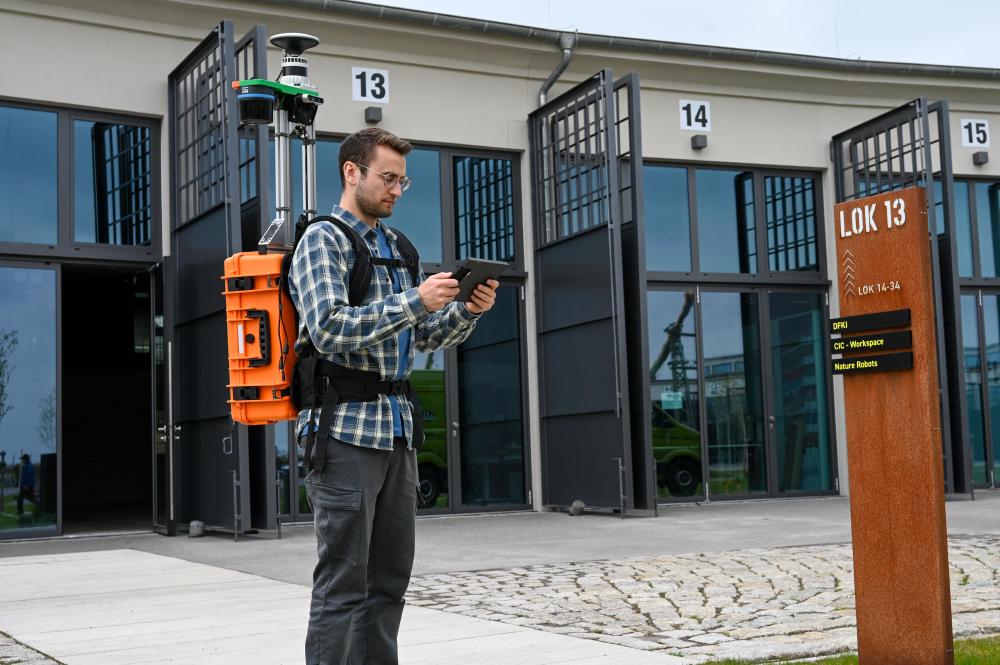
CIC - Coppenrath Innovation Center - Where we work
Our offices are located in sheds 12 to 14, where we welcome guests and demonstrate robots and machines, e.g. in autonomous docking at a charging station. However, the real demos and test environment take place in Arenshorst, where our workshop is located and autonomous robots interact with real plants in the fenced-in AI Market Garden test environment.
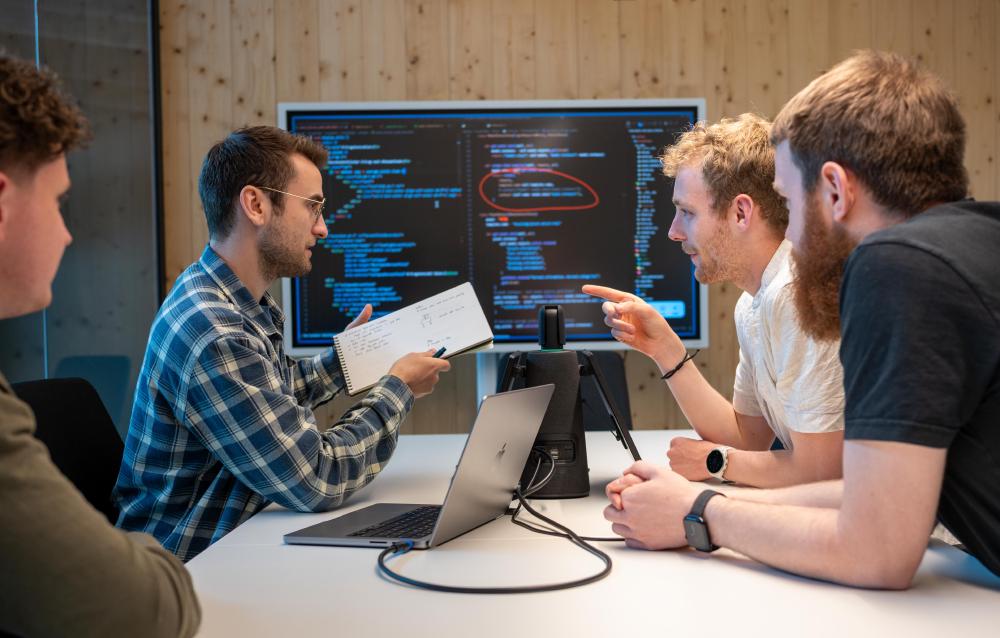
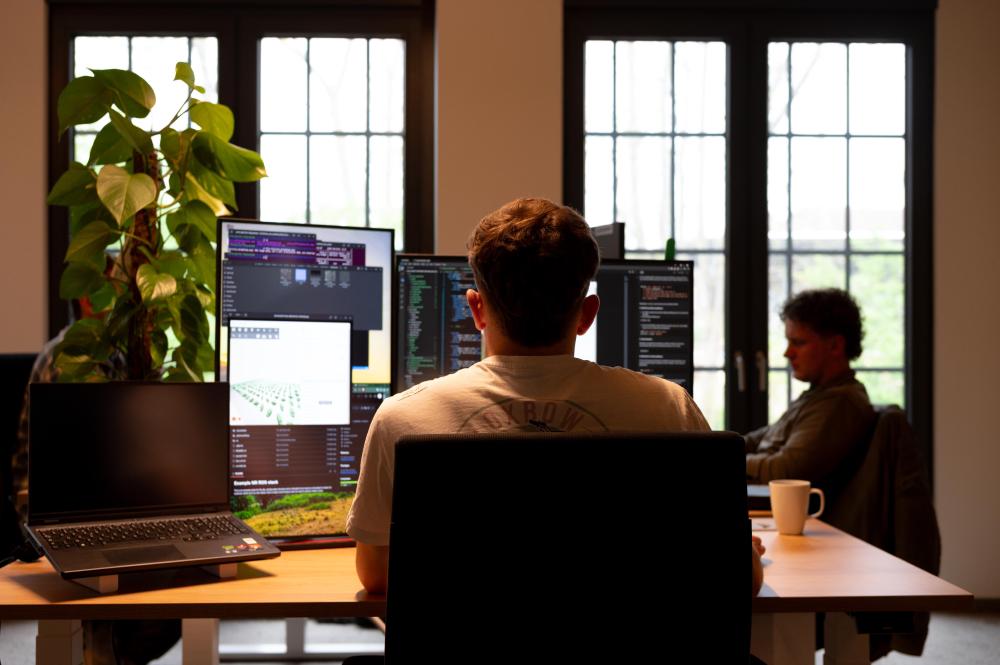
Offices in the CIC - Woodcubes
We are a young, agile tech scaleup that places great value on sustainability. Fittingly, we work in wooden cubes and have a view of the greenery and the River Hase, which meanders around the building, as well as the train station and the trains that pass through. This makes the workplace the perfect sweet spot for developing new innovative ideas and turning them into products. And a few doors down, you can ponder solutions with doctoral students from the Joint Lab or meet up for a coffee with people from the local companies.
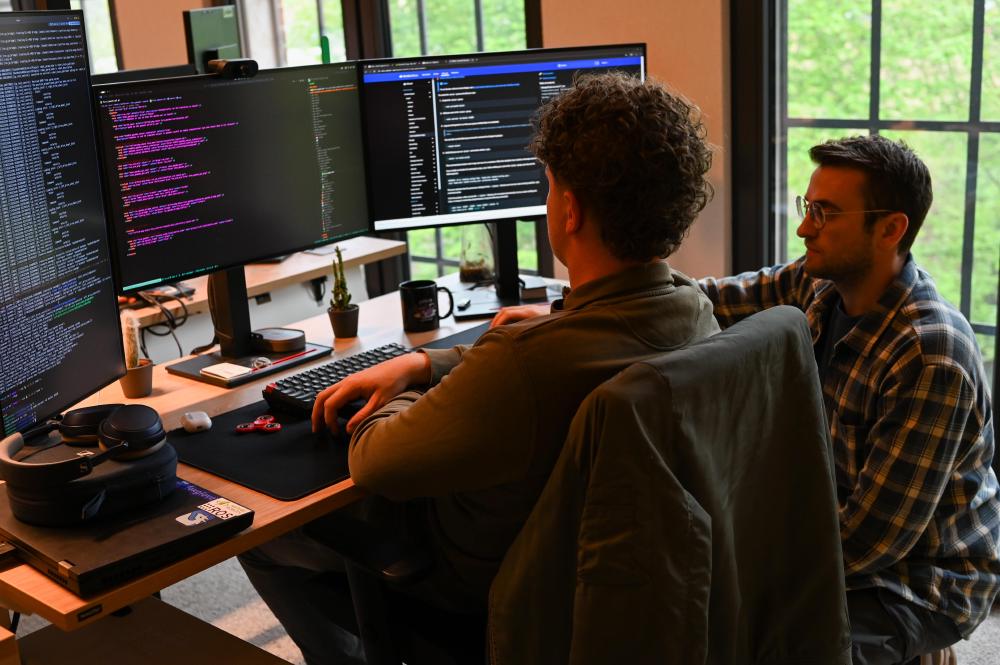
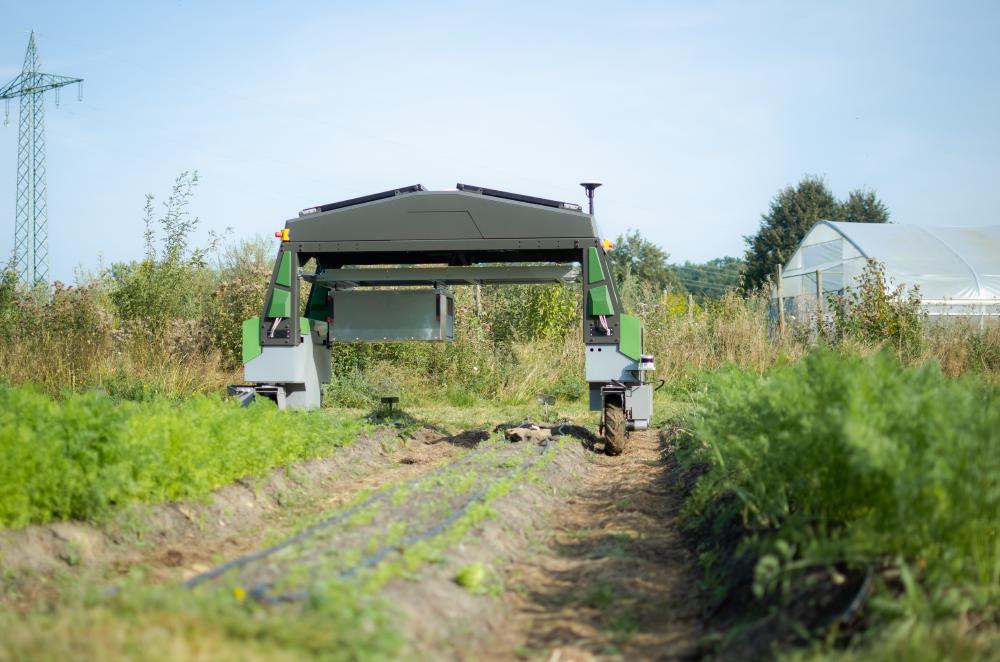
Gut Arenshorst & AI Market Garden - Where we integrate and test
Arenshorst, Bohmte is 20 km to the north-east and one train stop away from our office in Osnabrück. We are located in the middle of nature on the grounds of a former golf course. In the 2000 square meter fenced-in robot test site, we can test our robots and our customers’ robots autonomously over long periods of time, for example in vegetable patches, and further advance technologies such as laser weeding and selective hoeing. The site is adjacent to an old manor house with its own moat. We have a workshop and offices right next to the test site, which allows us extremely fast integration cycles. In Osnabrück, we develop and test autonomy software in the simulation; in Arenshorst, we then transfer the software modules to the real machine and can then make changes to the code very quickly, build entire robots and assemble hardware and sensors.
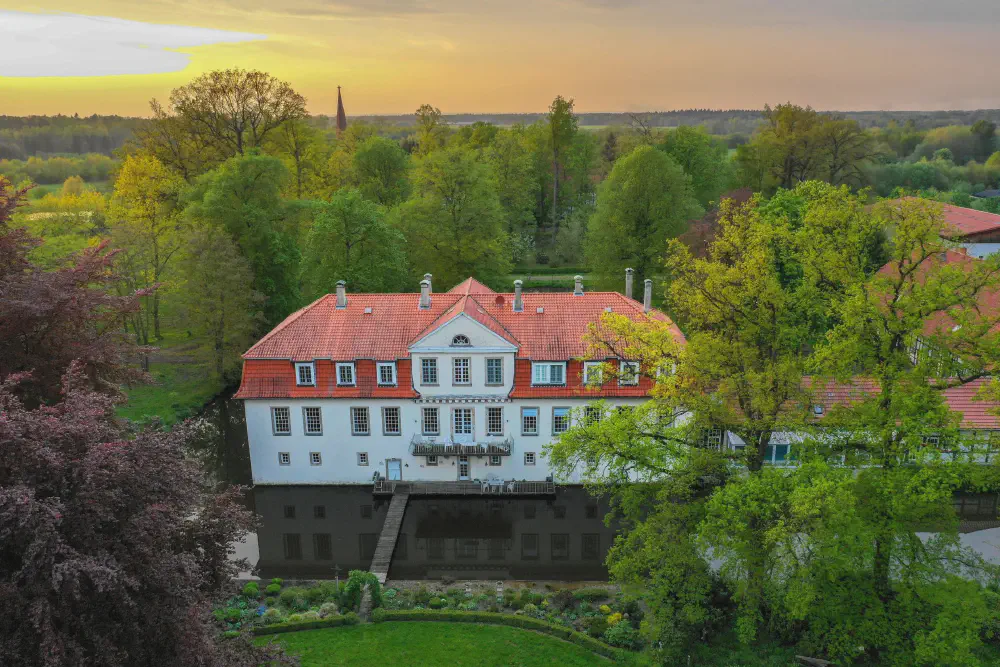
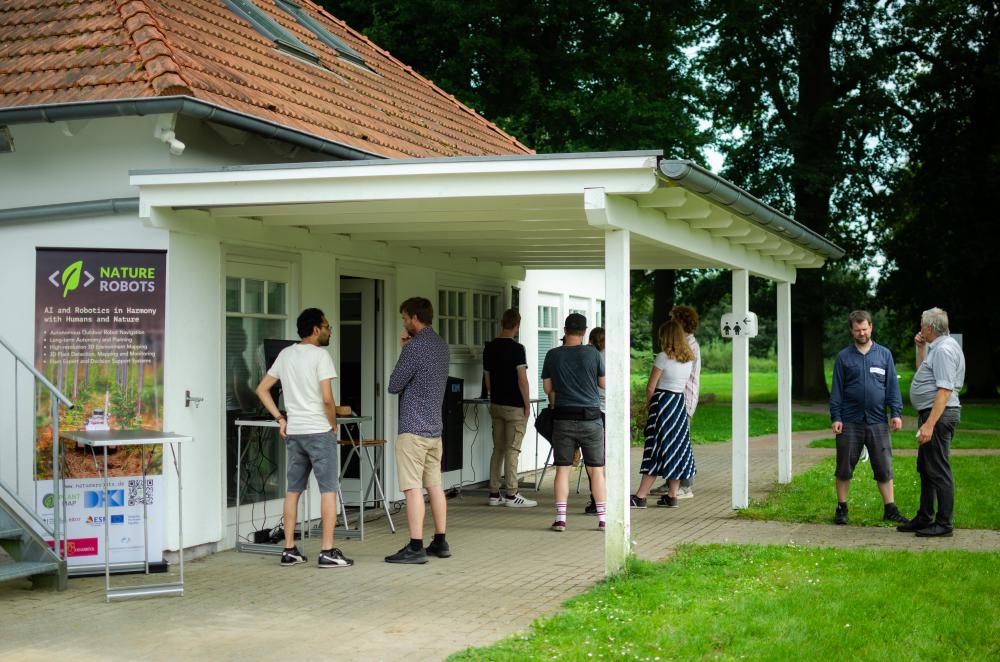
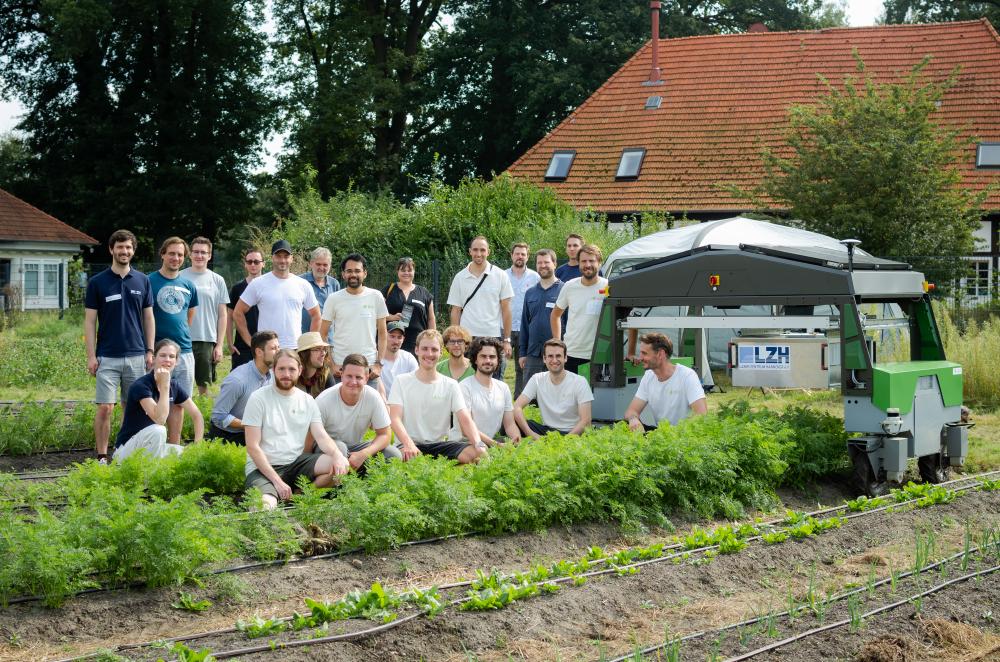
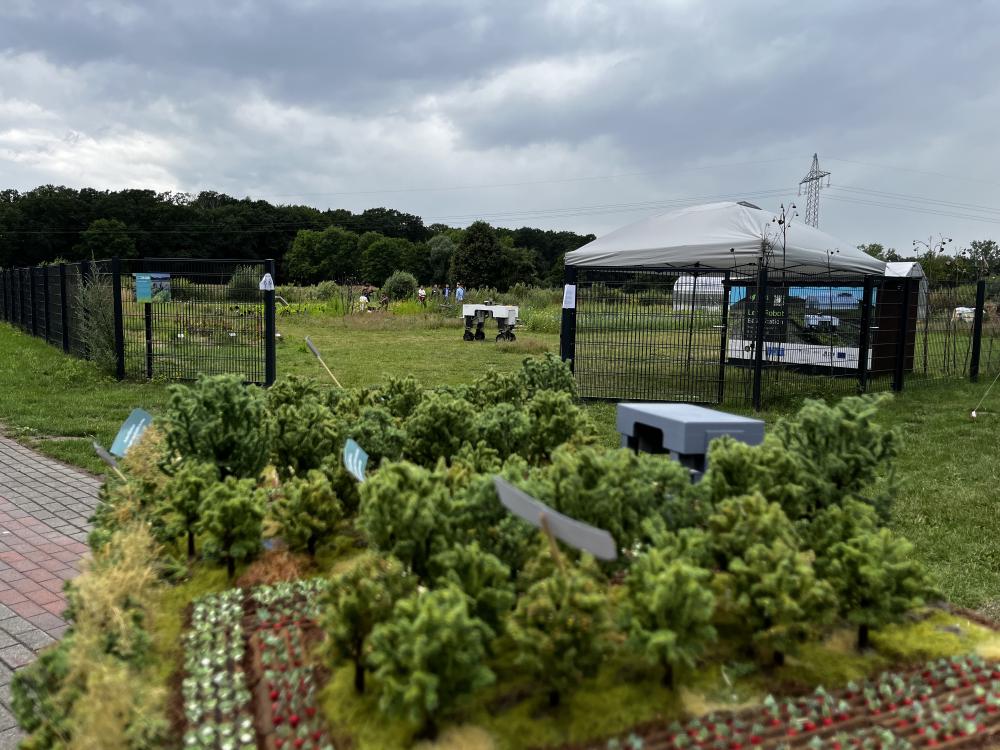
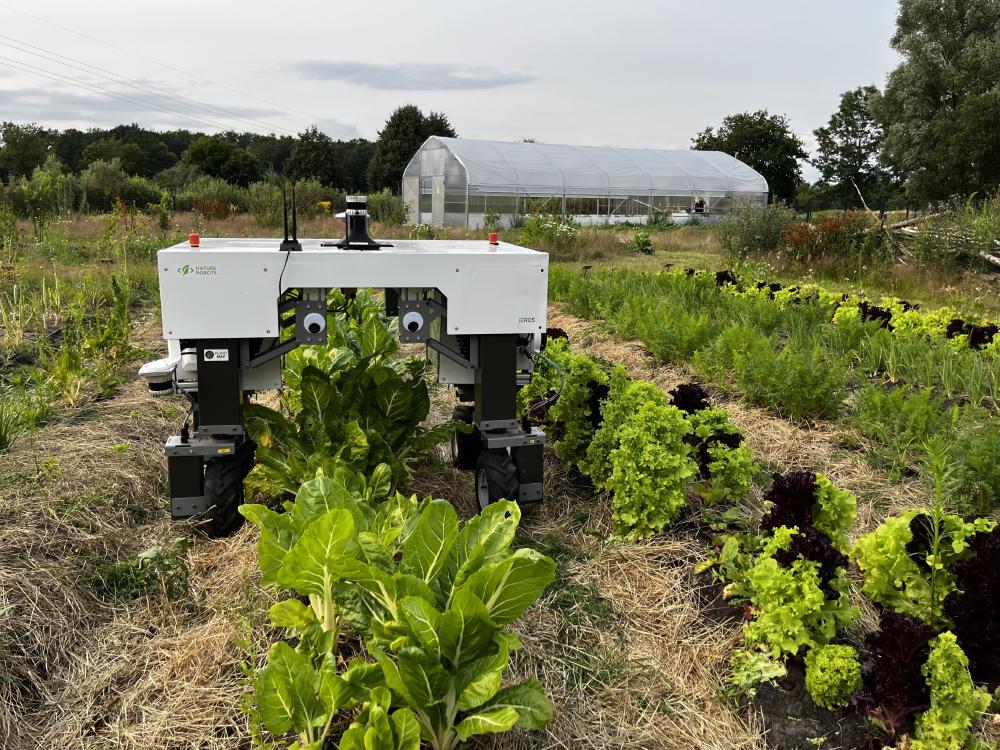
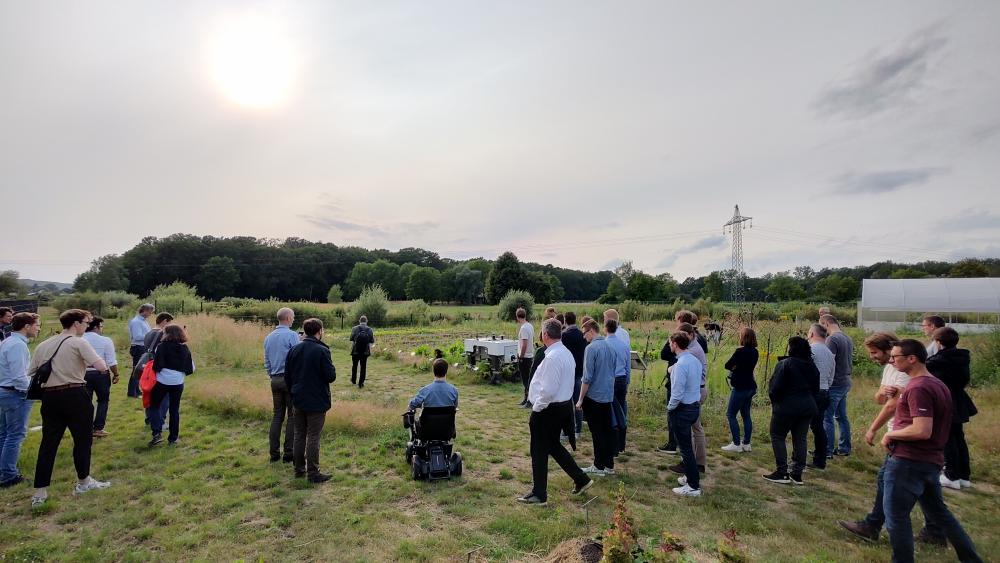
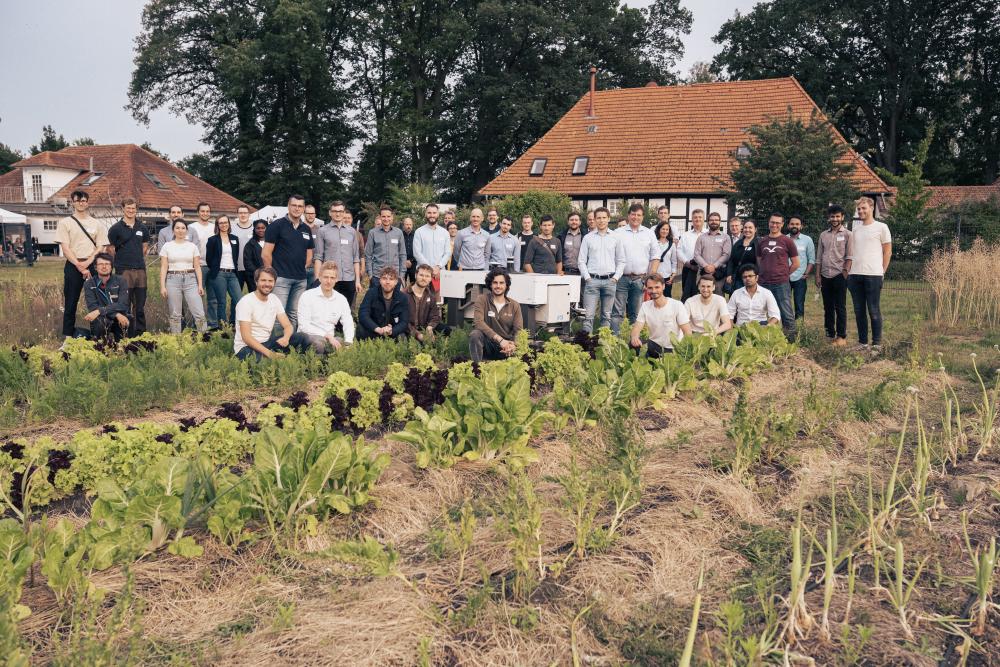
Network - With corporations to success
At the CIC, the Coppenrath Innovation Center, a strong network of companies and researchers are working together on AI, robotics and AgTech and developing the agriculture of the future, working closely with the players in Agrotech Valley, the DFKI, Osnabrück University of Applied Sciences, the Joint Lab and the other companies and innovation departments in the CIC. Osnabrück and the surrounding area is at the heart of the AgTech scene, as leading agricultural machinery manufacturers such as Claas, Krone, Lemken, Grimme and Amazone develop their machines and new technologies here.
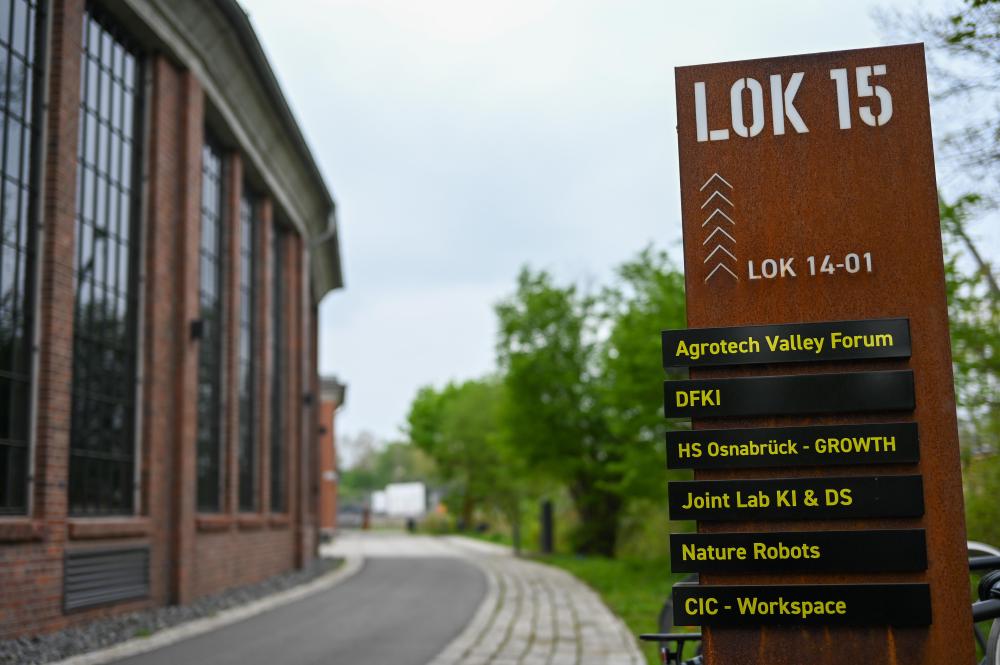
Coppenrath Innovation Center
The CIC is a flagship project of the Aloys and Brigitte Coppenrath Foundation, which is located in the immediate vicinity of Osnabrück Central Station. Here, forward-looking architecture is combined with the exciting topic of artificial intelligence (AI). A total of 18 research institutions and companies have found their home in the Innovation Hub. Together, they are dedicated to researching and developing AI solutions, with a focus on the agricultural and healthcare sectors. The CIC offers space for exchange, collaboration and innovation and thus promotes dialog between science, the start-up scene, industry and trade.
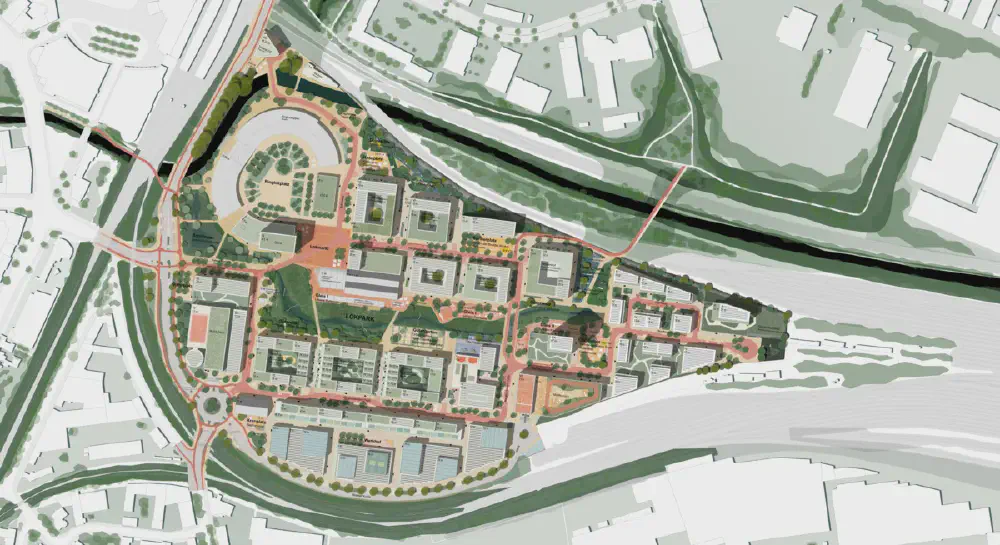
At the heart of a new sustainable district
The Lokviertel: One of Germany’s most exciting urban development projects is being built on around 30 soccer pitches in the middle of Osnabrück - within walking distance of the main railway station, where Europe’s main railroad lines intersect. The planning takes into account local climate and environmental conditions and focuses on sustainability as a central guiding principle - in ecology, architecture and social interaction. Together with the city of Osnabrück and the state of Lower Saxony, a sustainable district is being created here that combines innovative ideas with concrete social and ecological added value. Take a look at it as a virtual tour.
Team
We are an agile team of experts in AI and robotics, with over 10 years of experience in the robotics industry and more than 15 years in agricultural machinery. Our passion is to blend technology with nature to create intelligent, nature-inspired solutions that benefit both industry and the environment. With our extensive expertise in automation and a strong commitment to sustainability, we work as innovators at the forefront of our field.
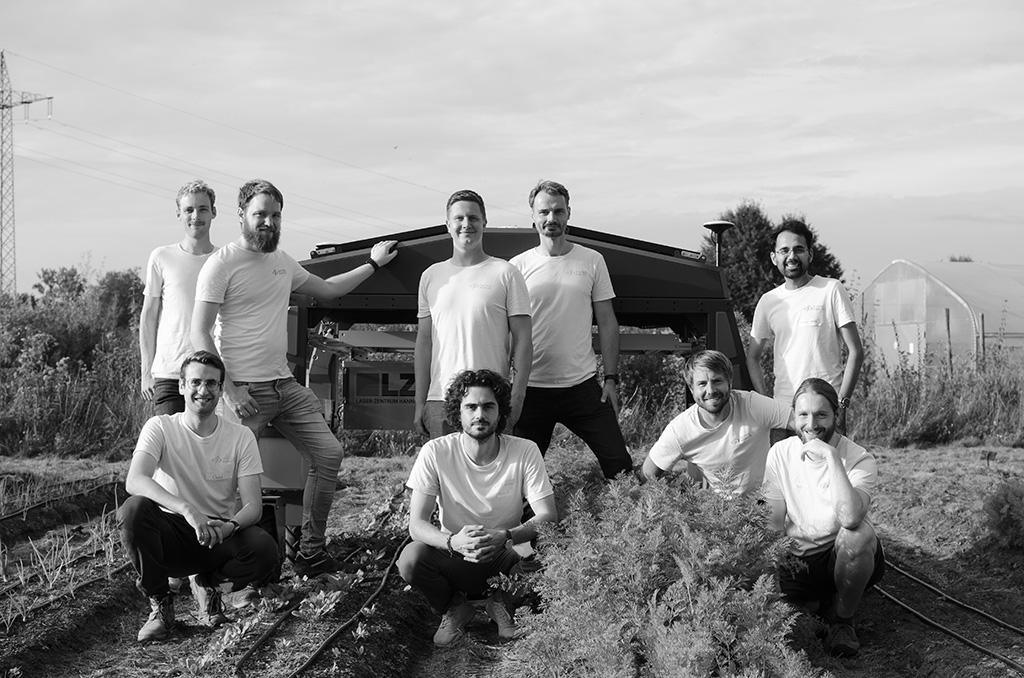
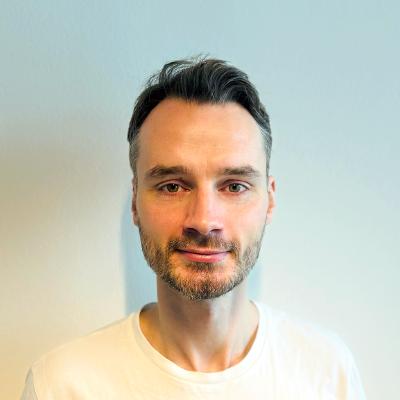
CEO
Dr. Sebastian Pütz
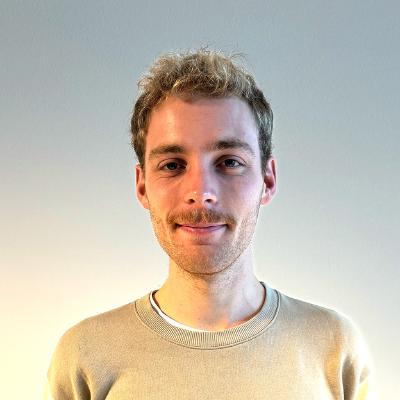
CTO
Malte kl. Piening
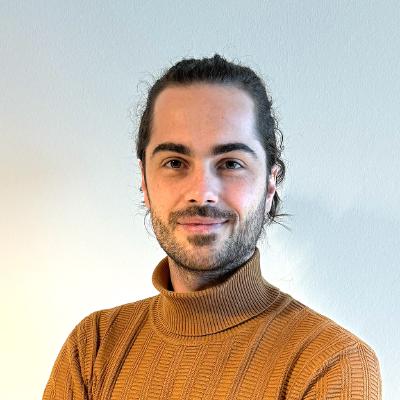
COO
Gerrit Woeckner
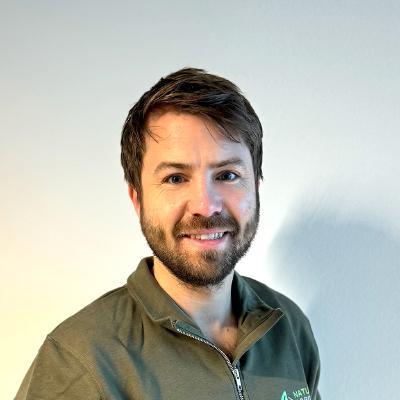
CSO
Sven Lake

Robot Software Engineer
Christopher Bröcker
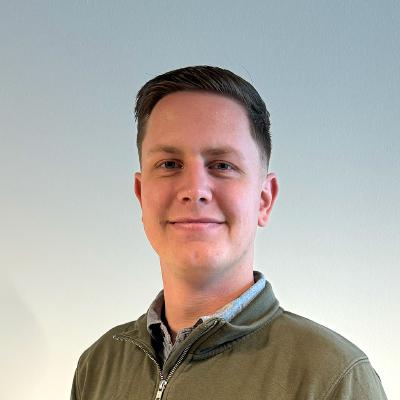
Robot Software Engineer
Marvin Schulte
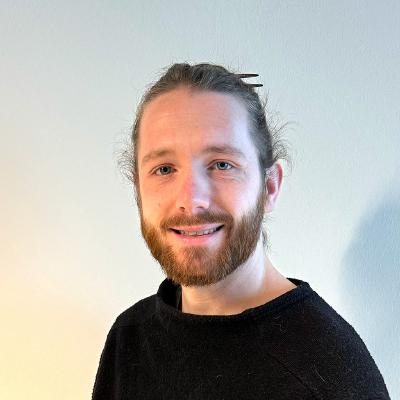
Robot Software Engineer
Matthias Holoch
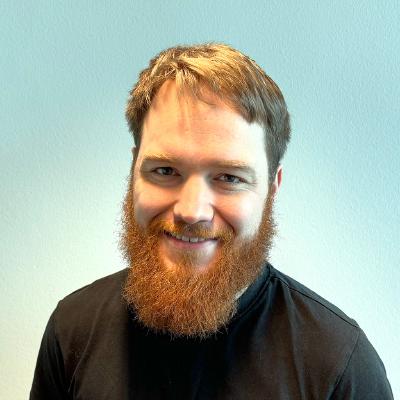
Robot Hardware Engineer
Manuel Ballmann
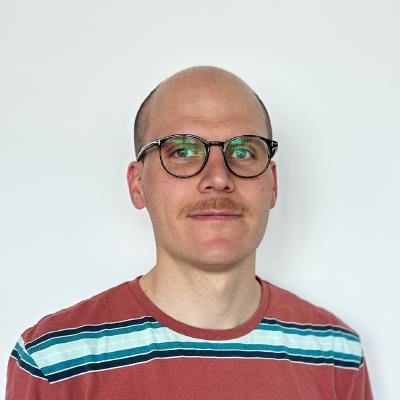
Robot Software Engineer
Georg John

Robot Software Engineer
Dr. Santiago Focke
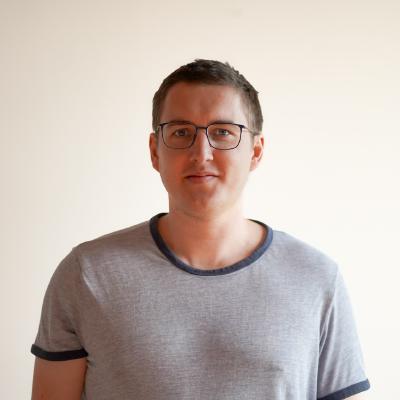
Robot Software Engineer
Dr. Alexander Mock
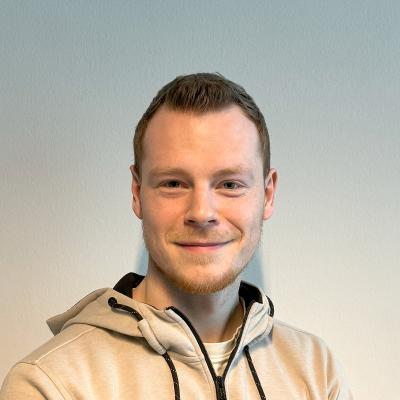
Student Robot Software Engineer
Timo Dobrowolski

Student Worker Investor Relations
Christine Dierkes

Student Worker Founders Associate
Jessica Selke

Student Worker Founders Associate
Enya Brink

Student Worker Design
Jean Carlo Cavolo
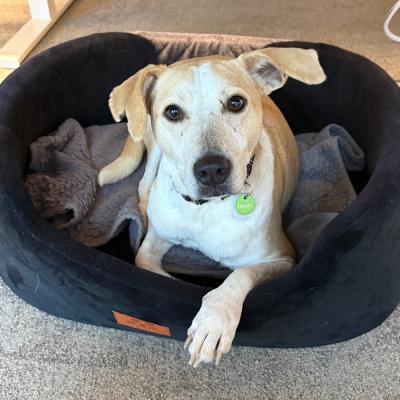
Feelgood Manager
Franky
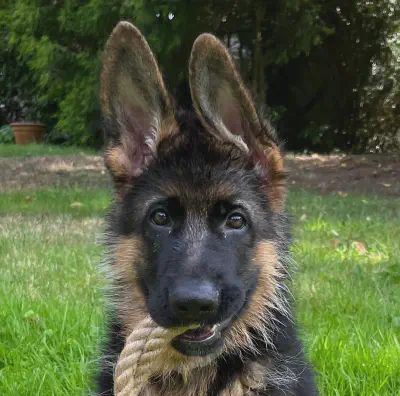
Feelgood Manager Trainee
Alf
Advisory Board
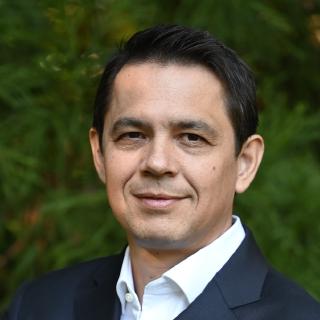
Marc Matthaeus
Strategic advisor and operations leader supporting B2B tech and manufacturing companies. Spent 15 years at AGCO Corporation, serving as Vice President & General Manager of the Hay & Forage product line, Vice President of the Global Strategy & Integration function, and Director & Strategic Coach for the North American region.

Prof. Dr. Karin Schnitker
Prof. in Business Management at Osnabrück University of Applied Sciences. 15 years in various nat. / int. business roles. After various management roles Dean of Studies at the Faculty of Agricultural Sciences and Landscape Architecture and co-project manager of the university's Startuplab@HS.
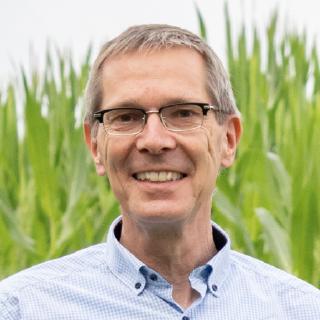
Prof. Dr. Joachim Hertzberg
Prof. for Computer Science, Robotics and AI at Osnabrück University. Managing Director, German Research Center of Artificial Intelligence (DFKI) Niedersachsen. Head, Plan-Based Robot Control research department at DFKI. Research fields: AI, Robot Control, and their applications in agriculture.
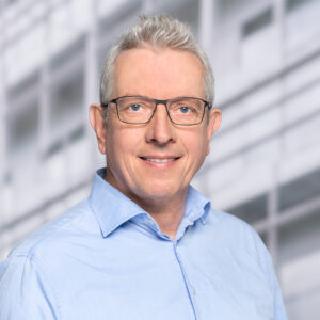
Prof. Dr. Wolfram Burgard
Prof. in Robotics and AI and Founding Chair of the Engineering Department at Technical University of Nuremberg. Fellow of ECCAI and AAAI. Member of Leopoldina and Heidelberg Academy of Sciences and Humanities. Gottfried Wilhelm Leibniz Prize in 2009.
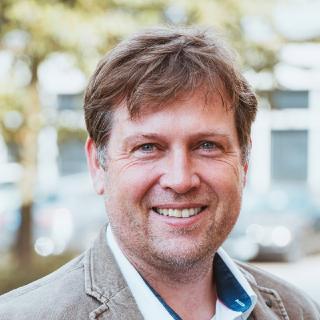
Prof. Dr. Stefan Stiene
Prof. for Intelligent Agriculture Systems at University of Applied Sciences Osnabrück. Head of the DFKI competence center Smart Agriculture Technologies. Project leader of Gaia-X research project Agri-Gaia. Research fields: Autonomous robot navigation and 3D data processing.
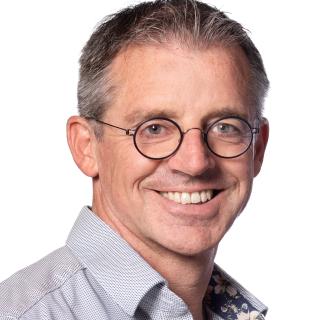
Erik Pekkeriet
Programme Manager Vision + Robotics at Wageningen University & Reserach. Founding father and network coordinator of agROBOfood. Chair of the topic group Agricultural Robots at EU Robotics. Chair at Greenhouse Horticultuire section at Dutch Society of Technology in Agriculture. Advisory board member of the European Machine Vision Forum

Prof. Dr. Dieter Trautz
Prof. for agroecology and environmentally friendly land management: Cultivation in organic farming, mixed crops, precision farming in organic farming, technology transfer organic farming - conventional farming, climate change - effects on land management
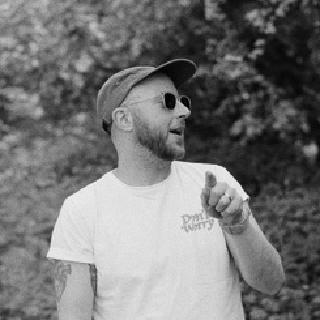
Prof. Nick Hawes, PhD
Prof. in AI and Robotics at the University of Oxford and Director of the Oxford Robotics Institute. Leads the GOALS research group. Research into long-term autonomy, mission planning for mobile robots, and sequential decision-making under uncertainty.
Timeline of Our Achievements
Follow our path from the beginning to where we are today
